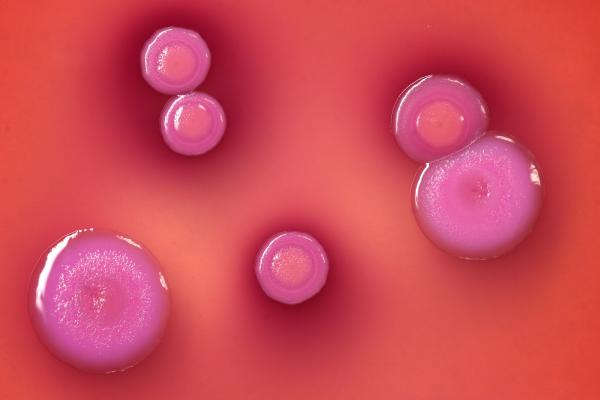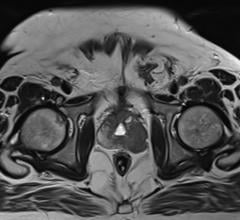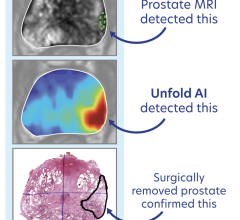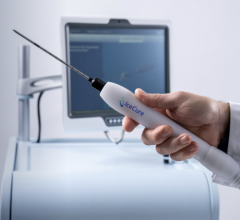
May 13, 2015 — Scientists at Tel Aviv Medical Center, Israel, have found that oral modified citrus pectin (MCP) enhances the anti-cancer and anti-metastatic effects of radiation therapy in the treatment of androgen-independent (AI) aggressive prostate cancer cells. Results were presented at the American Association for Cancer Research (AACR) Annual Meeting 2015.
The study, titled, “Combined effect of modified citrus pectin (MCP) and ionizing radiation on viability and metastatic activity of prostate cancer cells,” demonstrated that MCP enhanced radiation treatment of prostate cancer by increasing radio-sensitivity of aggressive prostate cancer cells. Previous research demonstrated MCP’s anti-cancer actions, including induction of apoptosis, inhibition of proliferation and metastasis, and synergy with chemotherapeutic drugs and botanical compounds. MCP also protects against inflammation and fibrosis, via its binding affinity for the pro-inflammatory protein, galectin-3. However, this is the first study to clearly demonstrate MCP’s ability to radio-sensitize aggressive, AI prostate cancer cells.
“Radio-resistance is a key contributor to the decreasing effectiveness of radiation treatment for aggressive, androgen-independent prostate cancer. The potential of MCP to increase radio-sensitivity in aggressive prostate cancer is encouraging news for researchers and patients alike,” stated Isaac Eliaz, M.D., MS, LAc, one of the study’s lead investigators. “Furthermore, MCP’s ability to protect against inflammation and fibrosis via galectin-3 inhibition helps to minimize fibrotic damage to healthy tissues – a common side effect of radiation treatment.”
In the study, researchers used cellular viability and clonogenic assays to evaluate the effects of MCP on the viability of AI-prostate cancer cell lines DU-145, PC-3, and CI-1, alone and in combination with radiation treatment. Alone, MCP induced a dose-dependent decrease in cell viability. The combination of MCP and radiation treatment produced synergistic effects against prostate cancer cell lines DU-145 and CI-1, and additive effects against cell line PC-3. Treatment of cells with MCP reduced cell migration by 20 percent and reduced cell invasion by 40 percent. These results demonstrate MCP to be an effective radio-sensitizer of AI prostate cancer cells, suggesting that MCP may be used to selectively enhance cytotoxicity and overcome radio-resistance.
The MCP used in the study is made from the pith of citrus fruit peels, and modified to a specific molecular weight and structure using a proprietary enzymatic and pH process. Previous research has demonstrated MCP’s benefits in a number of cancer types, including breast, prostate, colon and others. MCP is also an effective chelator of toxic metals, as well as a selective immune enhancer shown to activate and increase cytotoxicity of NK cells ex vivo.
For more information: www.betterhealthpublishing.com


 April 17, 2024
April 17, 2024 








